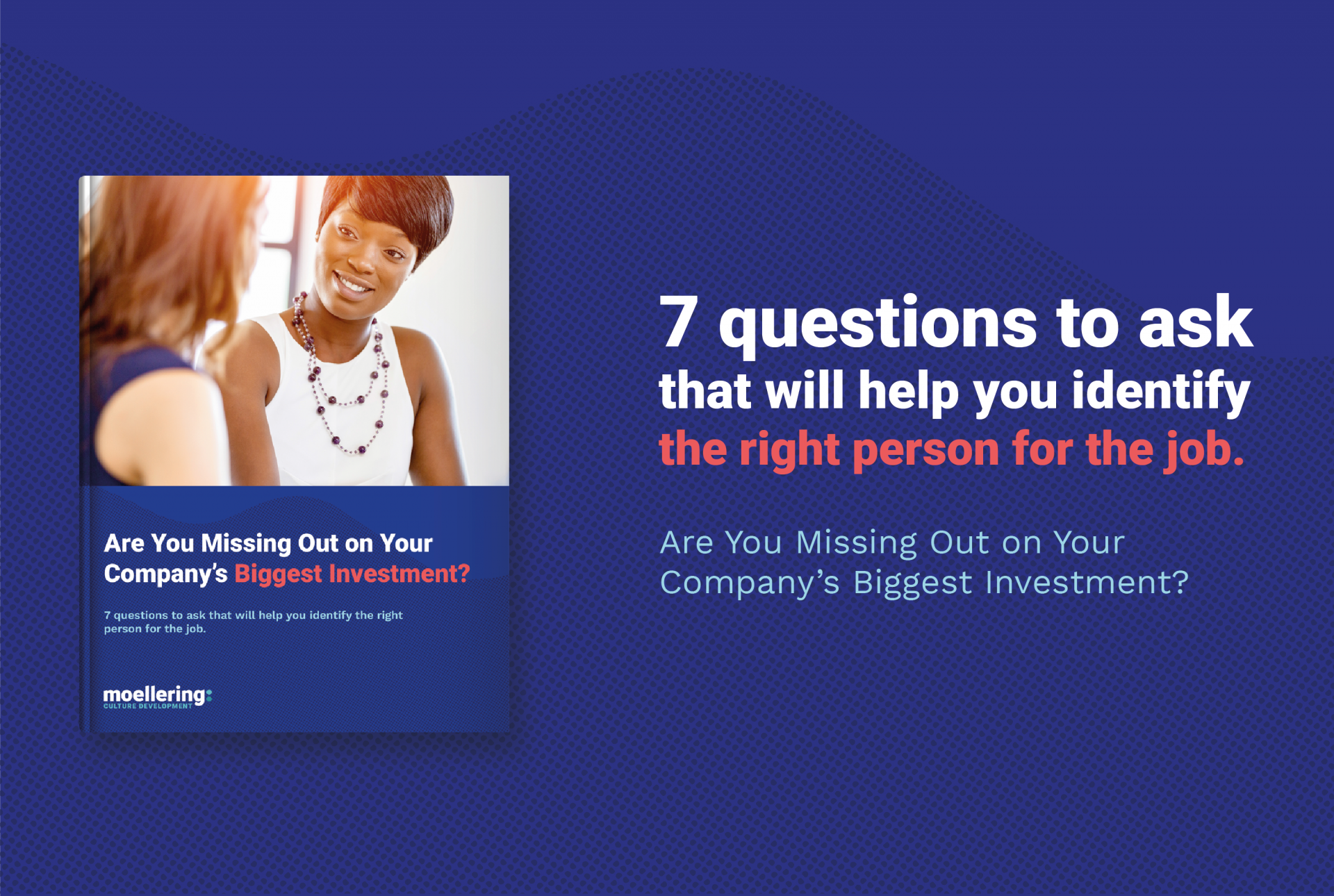
Do you remember that one special teacher from back in your school days? Mine was a math teacher who somehow was able to make math class a real joy. It certainly was not because algebra or the Pythagorean theorem were so much fun, it was because something magic happened whenever she was teaching. Her flair, passion and outside-the-box presentation skills made math class just fly by. She is a great example of someone well developed in both hard and soft skills.
I also remember the opposite: teachers who were really competent in the subject they taught, but who lacked the empathy, leadership and ability to motivate. That made classes boring at best, and frustrating and demotivating at worst. While the hard skills were certainly present, the lack of soft skills blocked them from making a real connection with their students. They just ‘taught’ us a subject, instead of inspiring us to learn.
What’s the difference between hard and soft skills? Are soft skills more important than hard skills, or is it the other way around?
This brings us to a very valid question: what’s the difference between hard and soft skills? Are soft skills more important than hard skills, or is it the other way around? And, if soft skills are so important, is there hope if you lack somewhat in that department?
What are hard skills?
Hard skills are measurable, functional or technical skills. Examples include calculating, reading, writing, typing, accounting, working with technical devices and computer programming, to name a few. Specific professional knowledge such as knowledge of human anatomy or Chinese economy would also qualify. Hard skills are skills that you can verify through individual exams, tests or assignments. Results can be compared to a set of predefined, hard criteria.
What are soft skills?
Soft skills are “soft” due to their being hard to measure objectively. Often, we call them personal skills. When we say soft skills, think about skills such as leadership qualities, working together with your teammates, listening to others or inspiring an audience. Soft skills are not all about others, they can also be applied to the self.
Think about self-care, the ability to focus or showing resilience in the face of setbacks. The hard thing about soft skills is that one cannot measure them on the basis of criteria-based tests. The absence or presence of a soft skill will only show itself in response to a series of different and varying situations.
Which is more important?
Both types of skills are important. Certain professions require very specific and well-developed hard skills. Without them you would fail instantly. But even then, soft skills will assist you to develop and use your hard skills successfully.
Imagine what happens if you are a brilliant neurosurgeon (hard skills) but you have a short temper (soft skills). Or as a fireman you can swim very fast (hard skills), but you cannot cooperate with your teammates (soft skills). Or you are a certified TTISI trainer or coach (hard skills) but you have difficulty listening to others (soft skills). It’s not so hard to predict you may struggle to save the lives you intend to save, or to help your clients to develop themselves.
Soft skills enable the neurosurgeon to keep severing blood vessels precisely even when that operating room nurse keeps annoying him.
Soft skills enable the neurosurgeon to keep severing blood vessels precisely even when that operating room nurse keeps annoying him.
Soft skills allow the fireman to work together with his teammates to get a victim out of the vehicle in the water. They also enable a certified trainer to respond to the individual needs of his/her clients. Soft skills are the key to success!
Why soft skills now?
Only a few decades ago, a customer was mainly dependent on what was on supply. These days, a customer has so many options that the customer journey has become a key concept in the boardroom. Whoever delivers the most flexible, attractive, trustworthy and innovative product and/or support wins over the customer.
Today, you can buy advice, counsel, coaching, mediation, search, or support in all areas of work and life, delivered by entrepreneurial professionals. Since service is a less tangible product, soft skills are vital to make a difference in a market full of well-informed and assertive buyers. How to handle stress, or how to address the modern customer, may spell the difference between success and failure.
Both skills are necessary to succeed
There is absolutely still need for hard skills in a changing marketplace. It’s still crucial that a bus driver owns a license, a judge knows the law and a pilot can fly a plane. And it’s certainly helpful if a math teacher can continue to tell us what the Pythagorean theorem actually means.
In the age of the customer, soft skills become more important than ever. Soft skills will make your hard skills more valuable. They are like oil that makes an engine run smoothly.
Soft skills will make your hard skills more valuable. They are like oil that makes an engine run smoothly.
Like Dr. Watson next to Sherlock Holmes. If they grow together symbiotically, they both become a unique buying point for your customers.
Conclusion
The good news is that, just like hard skills, soft skills can definitely be developed. However, they do require a different learning approach. It all starts with getting to know yourself, such as how you tend to do things, what drives you, and how you respond to feedback. With a fair amount of introspection, some patience and a will to improve, you can develop soft skills which can help bring out the best in all of those hard skills you’ve learned over the years.
Article written by Rieke Geerlings, Customer Care Professional at TTI Success Insights Benelux.

Download Our Free Hiring Guide.
In this guide, you’ll get access to the seven most important questions to ask when hiring someone. And yes, they go way beyond a basic job description.



